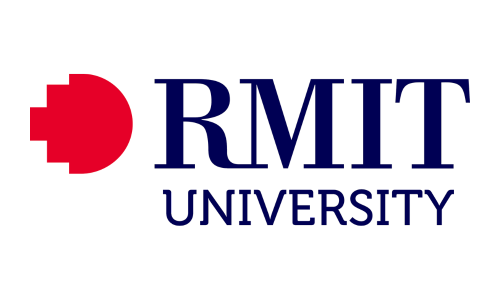
As we looked back, we saw the future
Friday 9 May, 6.30pm, Brunswick Mechanics Institute
Tickets: Free
6:30pm doors open with refreshments
7pm screening starts, followed by discussion
In collaboration with Re-vision Ethical Futures Moving Image Network and Composite
What’s happening.
This program presents two works that skilfully utilise archival footage, documents, and photographic materials to inspire reflection on enduring continuities — the persistence of environmentally harmful policies, colonial extraction-based attitudes, and the complex ways archival materials represent long-term ecological and social phenomena - going beyond merely substantiating historical events to actively co-constitute our understanding of the present.
Referencing iconic Australian visual histories in Two Laws (1982) and state archives of the nuclear testing at Maralinga in the 1950s-60s, the programme engages with questions of representation, positionality, and ethical modes of image making involving vulnerable communities and the historical record.
This event is presented by Re-vision Ethical Futures Moving Image Network, in partnership with Environmental Films Australia. Re-vision is based at RMIT University and led by Dr Shweta Kishore and Dr Polly Stanton. The Network explores a variety of approaches and debates from practice, industry and academia to help foster inclusive, accountable and sustainable production and exhibition practices in Australian contemporary moving image culture. It does this by identifying gaps and best practices to promote inclusive representation, equitable practice and sustainable relationships with at-risk environments and social groups.
Image: Still from Accounts of a Nuclear Whistleblower (2020) by Naveed Farro
The films.
Accounts of a Nuclear Whistleblower | Naveed Farro | 13m | 2020 | Australia
In the 1950s and ’60s, the British government conducted nuclear tests in Maralinga, a remote region of South Australia, with little understanding or forethought of the public health problems the fallout might cause. The harmful, sometimes deadly impact of these tests not only affected military conscripts, roped in without any real warning of the potential dangers, but private Australian citizens as well – and especially Indigenous peoples. Accounts of a Nuclear Whistleblower details this dark, somewhat forgotten chapter in Australia’s history via a firsthand account from Avon Hudson who, as a member of the Royal Australian Air Force, was stationed in dangerous proximity to these detonations, and later worked to expose their devastation and enduring threat. Hudson’s activism would ultimately help to precipitate the establishment in 1984 of the Royal Commission into British Nuclear Tests in Australia.
Naveed Farro is a filmmaker and artist based in Narrm/Melbourne. He works across film, 3D media, and sculpture to create immersive, affective screen encounters. Currently, he is interested in exploring how emerging imaging technologies, such as augmented reality smart glasses, can bridge access gaps in spaces constrained by conflict and political unrest. Farro has a research and practical background in film and the built environment, and currently works as a Moving Image Designer at the National Gallery of Victoria.
Warburdar Bununu: Water Shield | Jason De Santolo | 26m 13s | 2019 | Australia
Scott McDinny, a young Garrwa song man, is devastated when the NT Borroloola town camps are bombarded with water contamination notices. Determined to shield his Gulf Country homelands from mining and the resulting poisoned water, Scott sets out to find answers knowing that his Elders will never leave their ancestral homelands. This documentary follows the trail of the heavy metal pollution, which has made the community’s water unfit to drink, fish or swim in.
Jason De Santolo (Garrwa and Barunggam) is a researcher, creative producer & father committed to forging a sustainable world for future generations through transformative research strategies, storytelling & practices of renewal. Born in Larrakia homelands - Darwin, he moved to Aoteaoroa/NZ at an early age and studied treaty & international environmental law. His unique research practice integrates video, creative practice & renewal strategies through a Garrwa driven decolonising research paradigm. In 2014 he received a UTS Research Excellence Scholarship to undertake a creative doctorate that explores the renewal of song traditions through his passion for filmmaking & collective aspirations for self-determination & sustainable autonomy. Jason submitted his Doctoral research earlier this year.
Location.
Brunswick Mechanic’s Institute
Brunswick Mechanic’s Institute
Naarm/Melbourne VIC 3000



